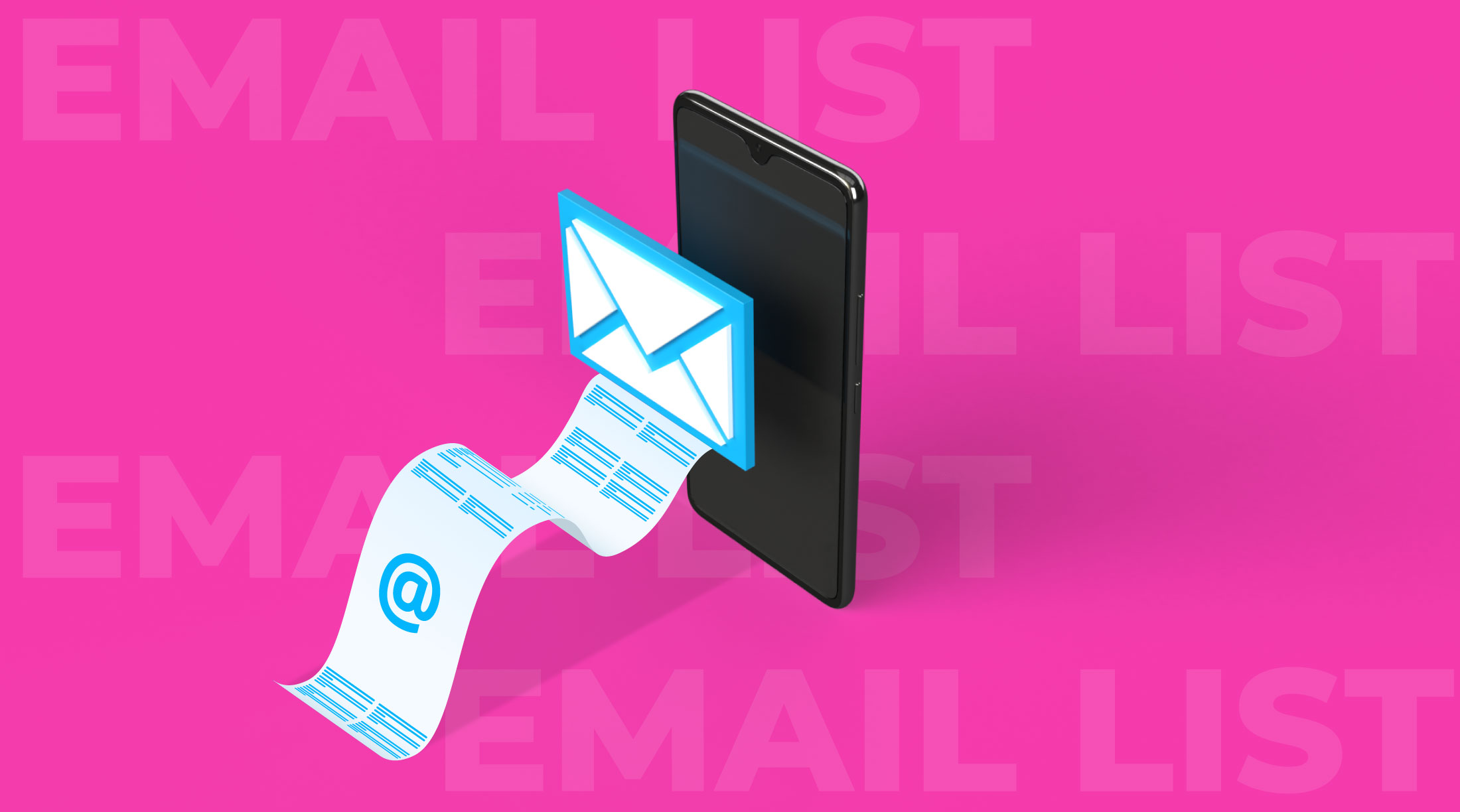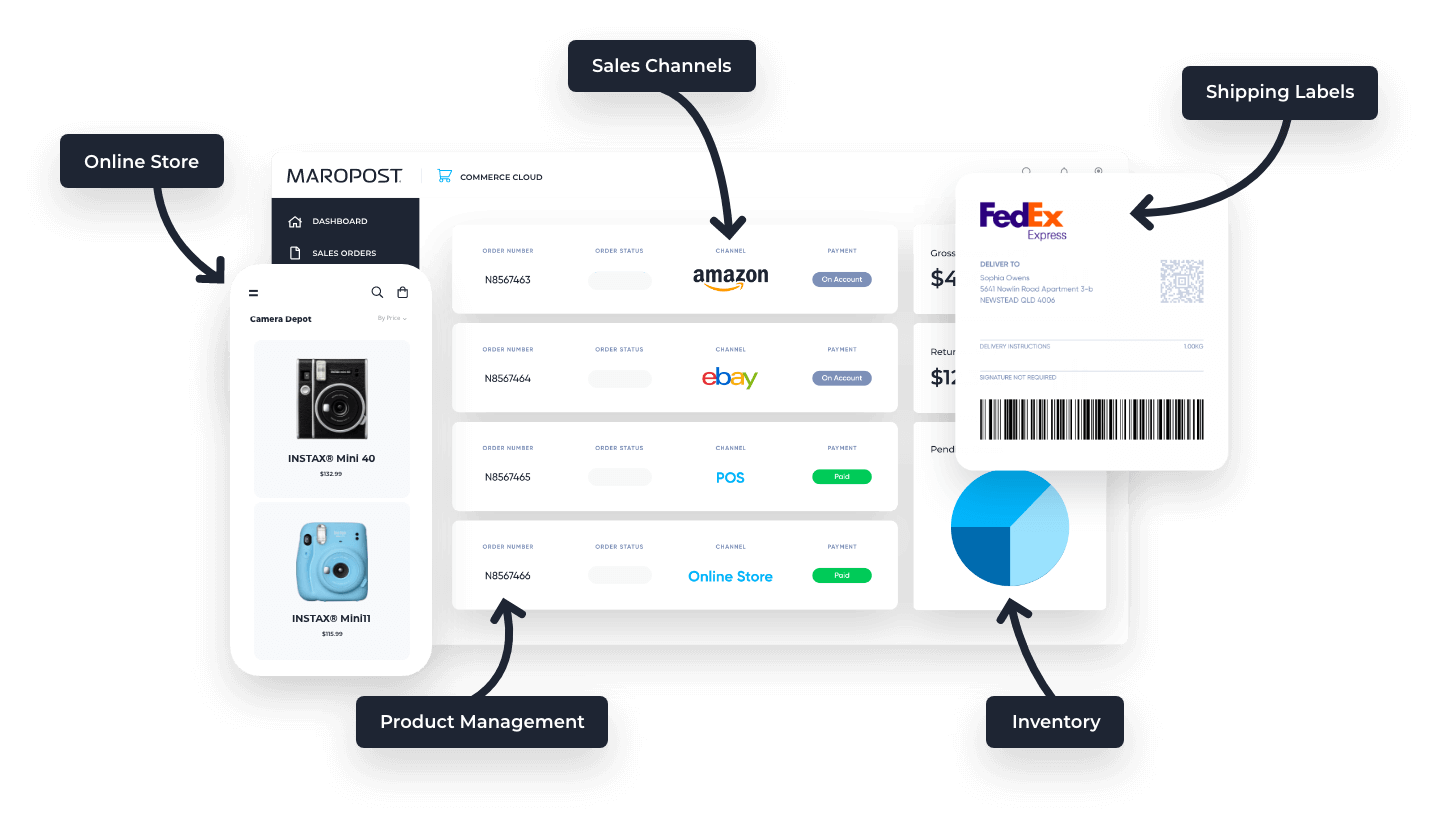Building email lists can be likened to laying the foundation of a house. No matter how badly you want the house, laying the foundation must take its due process. Marketers try to bypass this process by buying readymade email lists.
There is probably pressure on the marketing team to deliver and you don’t think the email list you have can help you achieve the desired results, so you want to purchase an email list. However, you should consider this option only if…
- You want to harm your reputation and deliverability
- You like to come across as a spammer
- You don’t mind a less than average quality
- A low Conversion Rate is totally fine
- You don’t want to partner with any reputable email marketing service
- The possibility of facing legal consequences does not bother you
1. You want to harm your reputation and deliverability
If you are willing to risk your brand’s reputation and email deliverability, then buying an email list is not a bad idea. Several countermeasures have been proffered against email spam and one of such is “spam traps”.
It is very possible to have an old or inactive email that refuses to deliver for permanent reasons on an email list you purchased. This is referred to as a hard bounce. Spam traps can be set up when there are hard bounces so that the sender can be identified as a spammer.
There is no way you can confirm if an email list you bought contains hard bounces, which means you stand a risk of being marked as a spammer. Thereby, compromising your reputation and email deliverability. If you don’t mind the “spammer” tag though, buying an email list shouldn’t be a problem.
(Learn How to rebound from an email bounce to improve deliverability)
2. You like to come across as a spammer
Picture yourself working on your next marketing campaign and you get an email notification. You left what you were doing to see if it’s an important email, but it turns out that it is from a random company you’ve never heard of. Most likely, that email will end up in your spam folder. Alternatively, the “click here to unsubscribe” option can be used.
Involuntary email subscription is the second highest reason why recipients will mark you as a spammer. If you don’t end up being tagged as a spammer, as in the case of buying email lists with hard bounces, the recipients can still mark you as a spammer.
3. You don’t mind a less than average quality
A quality email list will consist of people who are familiar with your business and therefore can take actionable steps towards a marketing goal. Contact from this list might not buy from you until weeks or months later, but they can many times end up being quality leads. 90% of your 200 subscribers will give you ROI (Return on Investment) compared to 3% of the 200,000 contacts in a mailing list you bought.
However, if you are not looking for quality, you can always buy an email list.
4. A low Conversion Rate is totally fine
Conversion is a vital KPI (Key Performance Metric) in every marketing effort, especially email marketing. If your emails end up in spam folders or more likely, no action is taken, your engagement rate becomes considerably low, and that in turn affects your conversion rate.
When you buy email lists, most certainly, your engagement rate will plummet. Engagement rate, however, is the first hurdle. A high engagement rate does not necessarily mean a high conversion rate, but you need people to read your email, click through to a landing page, engage with a blog post and so on to record conversions.
You don’t want to spend money on an email list that will not convert. Except that’s an assumption, then you can buy an email list.
(You want more people to open your email? Find out how: 11 essential ways to increase your email marketing open rate)
5. You don’t want to partner with any reputable email marketing service
There are best practices we advise if you’d like us to partner with you in your marketing efforts, buying email lists is definitely not one. No reputable service will encourage buying email lists. Why not learn how to build an email list — the easy way instead?
6. The possibility of facing legal consequences does not bother you
The General Data Protection Regulation (GDPR) is a European Union law on data protection and privacy in the EU and the EEA areas. The transfer of personal data is also covered under this law. To put it simply, a mailing list you bought is non-compliant with this regulation.
The people on this type of mailing list did not subscribe to your email, that is, you did not receive “explicit consent” to send them emails. This puts you in direct violation of the GDPR.
Need to chat about your email marketing strategy?
More than 10,000 marketers use Maropost to engage with their prospects and customers through emails, SMS, social media and more. We’re here to help you growing your business!
Chat Now

